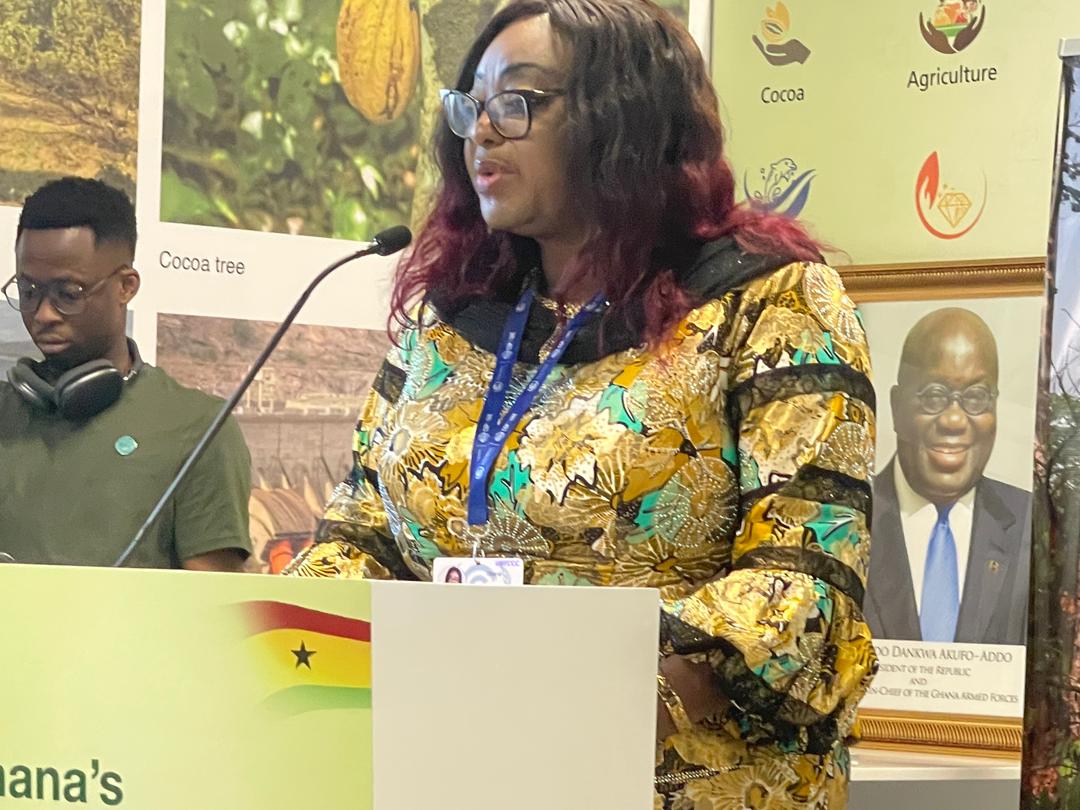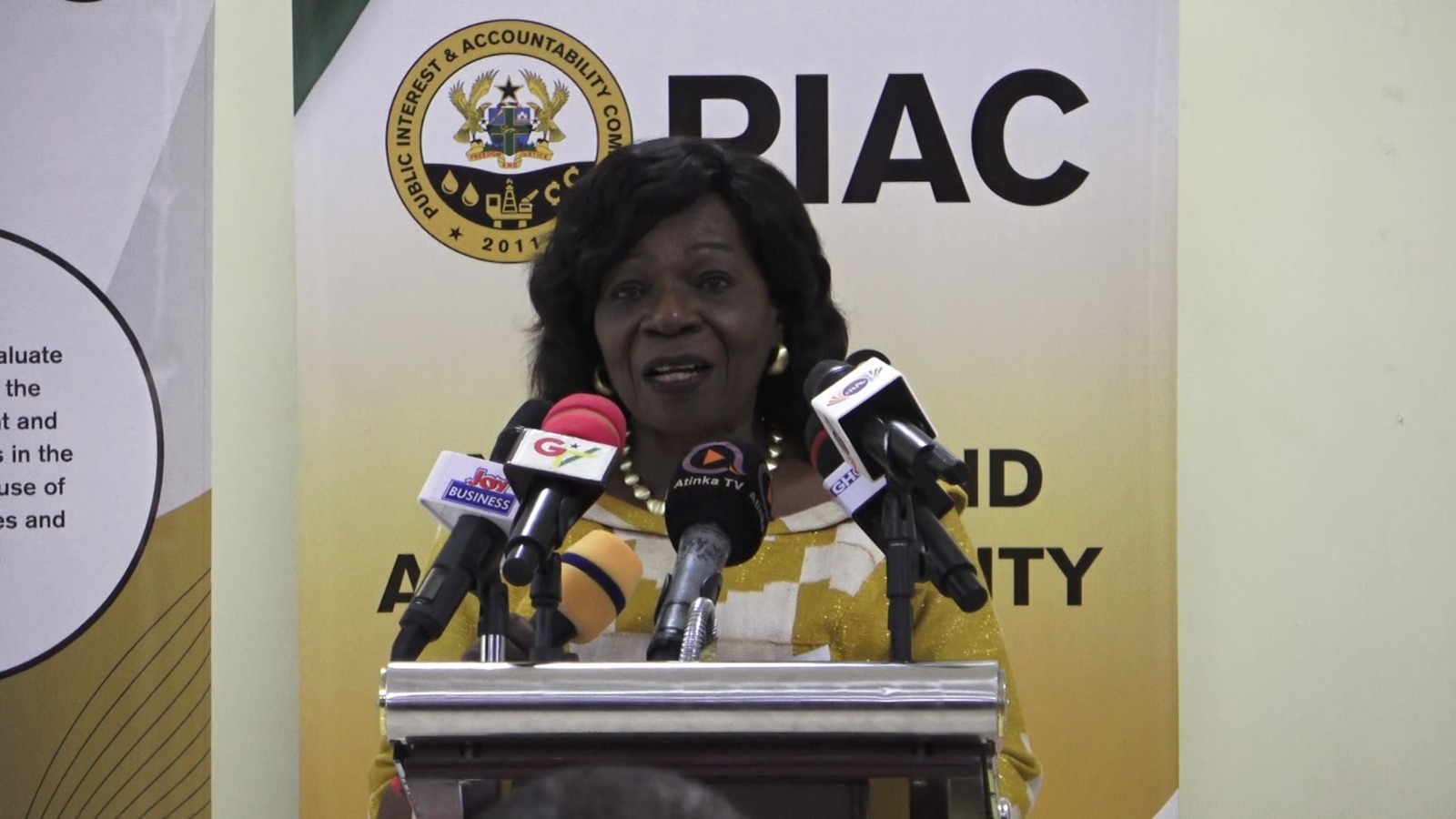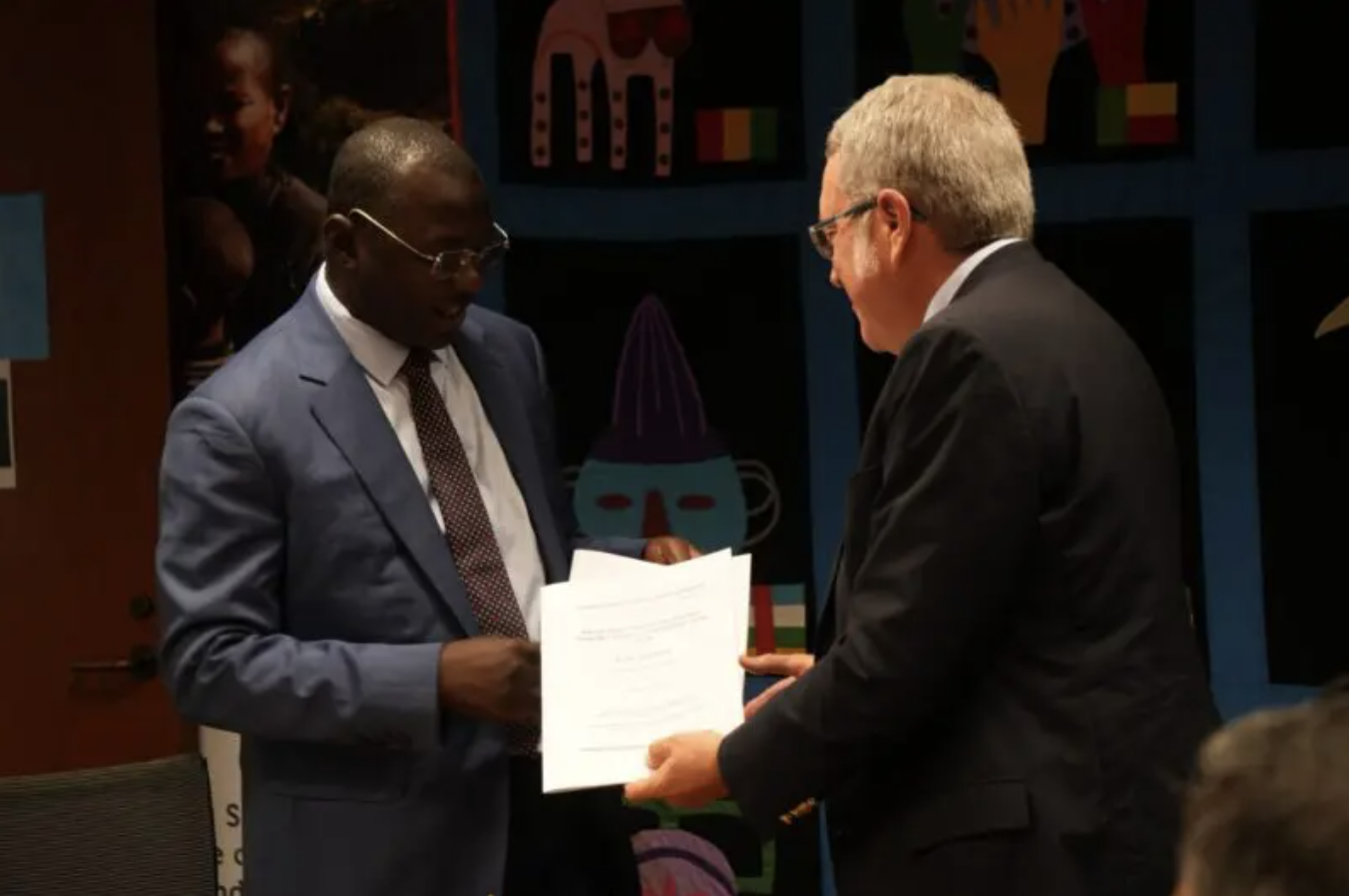
The Public Interest and Accountability Committee (PIAC), the body set up by law to monitor utilisation of petroleum revenue, has said there was a need to strengthen and streamline the corporate governance structure of the National Oil Company (GNPC) to enable it to focus on its core mandate.
This follows the declining trend in crude oil production in Ghana.
PIAC says it has observed and reported in its 2023 Annual Report, the consistent decline of Crude Oil Production in Ghana from 2020 to 2023, and its likely adverse impact on petroleum revenue, its management and investment and the need to address this trend
In a communique issued after a two-day consultative workshop in Accra, PIAC stated that “That there is a need to pay more attention to technical considerations in decision-making in the industry and promote a culture of transparency and accountability.”
The communique added “there is a need to encourage sustainable practices by developing a comprehensive strategy for integrating renewable energy sources with traditional oil and gas production to ensure a win-win situation.”
Below is the full communique…
COMMUNIQUE
BY THE PUBLIC INTEREST AND ACCOUNTABILITY COMMITTEE AND ITS PARTNERS AT THE TECHNICAL CONSULTATIVE WORKSHOP ON ADDRESSING THE DECLINING CRUDE OIL PRODUCTION IN GHANA
The Public Interest and Accountability Committee (PIAC), established under the Petroleum Revenue Management Act, 2011, (Act 815) as amended, is to among others provide independent assessments on the management and use of petroleum revenues to Parliament and the Executive in the oversight and performance of related functions through the mandatory publication of Annual Reports on the use and management of petroleum revenue and its investment and to provide a platform for debate in that regard.
Conscious of the fact that sustainable crude oil production is key to generating the revenue it is mandated to monitor and provide an independent assessment of, and having observed, and reported in its 2023 Annual Report, the consistent decline of Crude Oil Production in Ghana from 2020 to 2023, and its likely adverse impact on petroleum revenue, its management and investment and the need to address this trend;
In partnership with the Ministry of Energy, Ghana National Petroleum Corporation (GNPC), Petroleum Commission, Ghana National Gas Limited Company, Department of Petroleum Engineering of the Kwame Nkrumah University of Science and Technology (KNUST), and in collaboration with other relevant stakeholders deliberated at a two-day Technical Consultative Workshop held on 16th and 17th October 2024 at Alisa Hotel, Accra, and having identified the factors contributing to the decline to include:
- Maturing oil fields leading to natural depletion,
- Investment constraints due to internal and external factors such as global energy transition issues,
- Technical and operational challenges including geological, equipment malfunctions and subsurface uncertainties,
- Legal, Regulatory and Fiscal challenges,
- Limited availability of reliable and high-quality data,
- Inadequate research collaborations between Academia and Industry,
- Downplaying technical considerations in decision making.
Issues this Communique as recommendations and action points for implementation to address the declining crude oil production in Ghana for the past four years;
- That there is an urgent need to improve the legal, regulatory and fiscal framework to enhance the Country’s Investment Climate and thereby attract the needed investments in the industry.
- That there must be the development of a transparent and predictable framework for licensing and regulatory compliance to build investor confidence.
- That the Government should promote and engage in Public-Private Partnerships (PPPs) to facilitate upstream and downstream infrastructure expansion to enhance gas supply.
- That the State must further focus on the development of gas reserves by revisiting and implementing the Gas Master Plan to capitalise on underutilised gas reserves for national energy security and revenue generation.
- That there is a need to strengthen collaboration between Industry and Academia to foster research and innovation in oil and gas production, and to create a centralised database accessible to Academia to enhance data-driven decision-making.
- That there is a need to address technical and operational challenges by adoption and implementation of advanced oil recovery techniques and investment in technology for improved field operations and enhanced hydrocarbon extraction from mature fields.
- That there is a need to encourage sustainable practices by developing a comprehensive strategy for integrating renewable energy sources with traditional oil and gas production to ensure a win-win situation.
- That there must be improved stakeholder engagement through regular fora for dialogue among industry stakeholders, Government, and civil society groups to address concerns and share insights for the growth and sustainability of the upstream oil and gas industry.
- That there is a need to pay more attention to technical considerations in decision-making in the industry and promote a culture of transparency and accountability.
- That there is a need to strengthen and streamline the corporate governance structure of the National Oil Company (GNPC) to enable it focus on its core mandate.
The post Declining Crude oil production in Ghana: Streamline GNPC’s corporate governance structure for it to focus on core mandate – PIAC first appeared on 3News.
Read Full Story
















Facebook
Twitter
Pinterest
Instagram
Google+
YouTube
LinkedIn
RSS